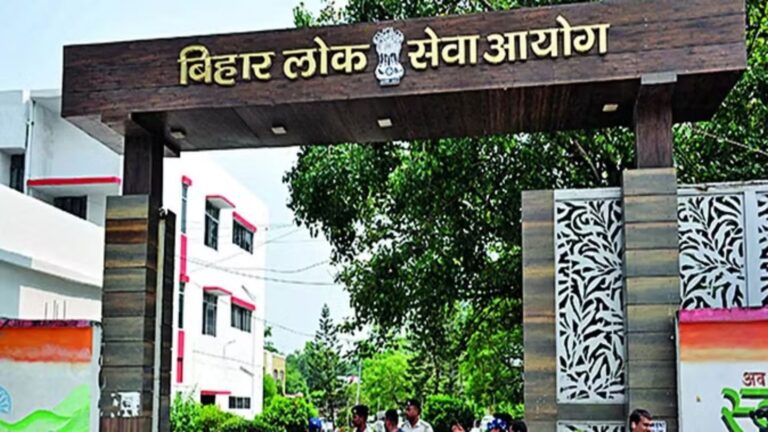
કઈ નહીં ભાઇ ખાલી એક નકલી કોર્ટ જેવું બનાવી ને ૫૦૦ જેવા ચુકાદા જ આપેલા 😭🤣🤣🤣#fakecourt pic.twitter.com/jAXOxisxIR
— ખેતમજૂર Er.Deshu💙 (@jaddu_saar) October 22, 2024
The Fake Court Operation
This elaborate scheme, which began in 2019, saw the impersonator issuing orders and claims over government land, misleading individuals into believing they could obtain ownership through fraudulent arbitration. Operating under the guise of an official court, the perpetrator gathered individuals and demanded substantial amounts of money in exchange for “transferring” government properties into their names.
The deception came to light when a district magistrate was alerted to the dubious activities surrounding the fake court. Those who received “arbitration certificates” from this impersonator later found themselves in real civil court proceedings, where judges were astonished to discover the documents were fabricated.
The district judge has since ordered an FIR against the impersonator, marking the end of a scandalous operation that has raised significant questions about the integrity of the judicial system.
A Broader Trend of Fraudulent Activities
This incident is not an isolated case. In a separate incident, scammers impersonated the Chief Justice of India (CJI) to extort ₹7 crore from a textile baron, S.P. Oswal. The scammers, posing as officials, conducted a fake raid at Oswal’s residence, claiming he was involved in money laundering. They used sophisticated technology to simulate a call from the CJI, further complicating the situation. Fortunately, authorities managed to recover ₹55 crore of the total amount swindled.
Legal Consequences and the Rise of Aspirations
These alarming events highlight a troubling trend of impersonation and fraud within India’s legal system, raising questions about public trust and the effectiveness of oversight mechanisms. Under Indian Penal Code Section 170, impersonating a public servant can lead to imprisonment of two years or more, while Section 419 addresses cheating through impersonation, also carrying significant penalties.
As these scams proliferate, they underscore the rising aspirations among individuals seeking shortcuts to success, driven by societal pressures and the glorification of positions such as IAS and IPS officers. This desperation has led to incidents where individuals, like an 18-year-old in Bihar, resorted to extreme measures—such as paying ₹2 lakh for becoming an IPS Officer—just to gain the authority that comes with the title.
Conclusion
The story of these scams serves as a stark reminder of the dangers posed by unchecked ambition and the lengths some will go to achieve status. While aspirations can motivate individuals to succeed, it is essential to pursue them genuinely and ethically. As the nation grapples with these issues, it is crucial for everyone to understand that true success comes from hard work and integrity, not deception.
Stay tuned for more updates and insights as we continue to follow this unfolding story.






